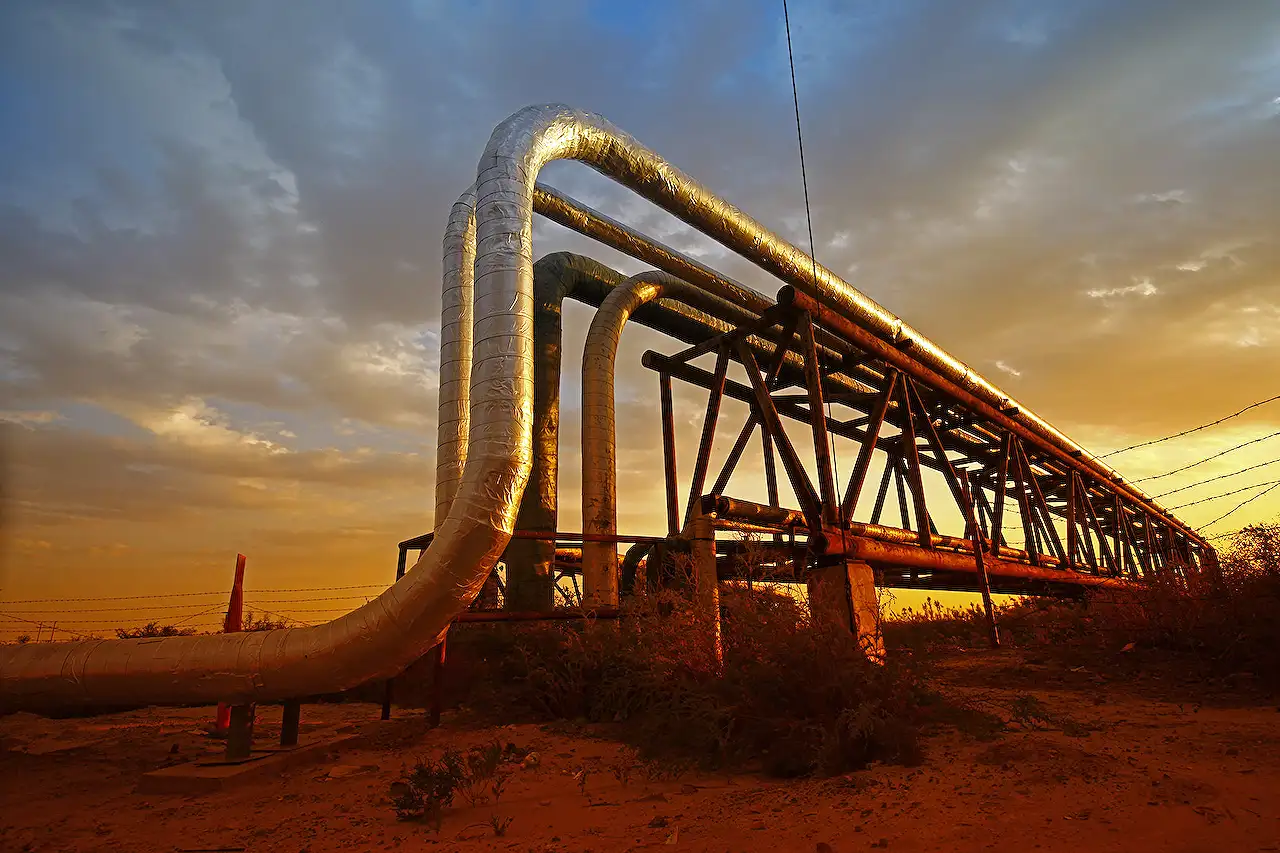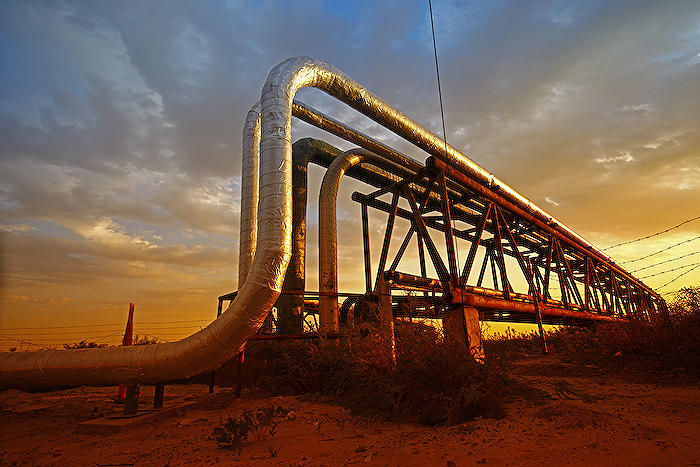
Optimize Automated Database Builds with Azure DevOps Pipelines
Learn database deployment automation with Azure DevOps Pipelines, from initial setup to advanced strategies by a Microsoft expert.
Databases Automation with Azure DevOps Pipelines
This blog post by Olivier Van Steenlandt, provides a step-by-step guide on implementing build automation process using Database Projects and Azure DevOps Pipelines.
This process is a part of consistent efforts to introduce a database deployment automation strategy, kicking off with build automation. Future posts will expand on different deployment approaches and their applicability across SQL Server and AzureSQL database deployments.
Implementation Process Overview
Olivier provides detailed instructions on setting up a build pipeline for a Database project in Azure DevOps. This includes standard pre-requisites, the process to automate the Build-process for development branch changes, and tips on troubleshooting potential errors.
All requirements and clarifications are covered through the post, from defining the source you want to use in Azure DevOps Repos to continuous integration pipeline structure. The guide takes the reader through all the necessary steps like using the classic GUI editor versus YAML and preparing the development branch.
Creating a Database Deployment Automation Workflow
The detailed section explains the process to prepare a Database build pipeline using the classic editor method. The guide includes information linking to Visual Studio solutions, copying files, building tasks, defining necessary parameters within the system like development branches and the Artifact Staging Directory.
Every step within the workflow is well-explained, tactically categorized with dedicated screenshots for clarity and easy understanding. For certain advanced setups and configurations, alternative methods are suggested to accommodate a diverse set of pipeline development requirements.
Running and Handling the Build Process
Further, Van Steenlandt discusses how to execute the automated build process, validating it, troubleshooting errors, and monitoring the results. He also explains how to automate the pipeline to run every time a change is made to the development branch.
In addition to the setup, useful tips are provided on error handling during the first run, like solving parallelism request issues and how to enable the classic build option if it's not available.
Further Evolution and Automation
The concluding section briefly mentions planned content that will focus on building Azure DevOps Release Pipelines for Azure SQL and SQL Server, creating and nurturing an ecosystem conducive to DB Build Automation using Azure DevOps Pipelines.
General Topic Overview
Database Build Automation is a cornerstone in an effective DevOps strategy, enabling seamless deployment and ensuring productive development cycles. Azure DevOps Pipelines offers a powerful medium to automate these builds and reduce human intervention, reducing errors and increasing deployment speed.
Read the full article Automate your Database Builds – Using Azure DevOps Pipelines

Learn about Automate your Database Builds – Using Azure DevOps Pipelines
In this tutorial, we will delve deeper into the world of data storage automation with Azure DevOps Pipelines. While my previous tutorial tackled a database development strategy, this piece focuses on deployment automation using the same platform. Our journey will commence with the implementation of a build automation process, after which we'll explore different methods of deployment for different environments.
In order to move forward, it's important that you have your database project set up and have used it to perform manual development and deployments. The aim of this course of study is to break down the automation of the Build process for incoming changes on your development branch, which will be deployed to the development environment in future posts.
To embark on this journey, log in to the Azure DevOps portal, subsequently navigating to the project where your source code resides. From here, navigate to Pipelines and choose “New pipeline”. You'll be able to select whether to build using the classic editor(Graphics User Interface) or opt for YAML(Yet Another Markup Language) if you so desire.
A myriad of tasks await to be added and configured with the appropriate steps to push your Build automation forward. Some examples include renaming Agent job 1, determining the source to be built, defining a specific repository, and choosing which branch to use. Later steps include setting up the pipeline's steps, defining a folder for copied files, and finally publishing your newly created artifact.
Adding your trigger specification is the final step which activates the Build pipeline when any changes are implemented within the development branch. For the sake of CI (Continuous Integration), you could trigger this process to run regularly.
While this process may seem daunting, remember that considerable assistance is provided every step of the way. In the event of a pipeline execution error, Azure DevOps has a form ready to be filled out to aid in identifying the problem. Similarly, if the classic editor option isn't visible, reconfiguration of the project or Organizational level settings could be of help.
Taking this course of study will empower you with tools you need to be able to leverage the power of Azure DevOps Pipelines to automate your database builds. This strategy has the potential to streamline development workflows and enhance efficiency in database deployments. Ensure to keep an eye on future blog posts for more insights on building an Azure DevOps Release Pipeline for Azure SQL and SQL Server as well as other enlightening topics.
More links on about Automate your Database Builds – Using Azure DevOps Pipelines
- Automate your Database Builds - Using Azure DevOps ...
- Mar 6, 2023 — In this blog post, we will be implementing a build pipeline in Azure DevOps step-by-step. The prerequisite to getting started is that you have ...
- Automate Build and Deployment of Azure SQL Database ...
- Jul 8, 2020 — In this article, I am going to demonstrate how to add database to CI/CD using Azure DevOps with Azure Pipelines. Please note that this article ...
Keywords
Azure DevOps Pipelines, Database Builds Automation, DevOps for Database, Azure Pipeline Database, Azure Database DevOps, Automate Database Builds, Database Builds in Azure, Azure DevOps Database Automation, Database Automation using Azure Pipelines, DevOps Database Builds.